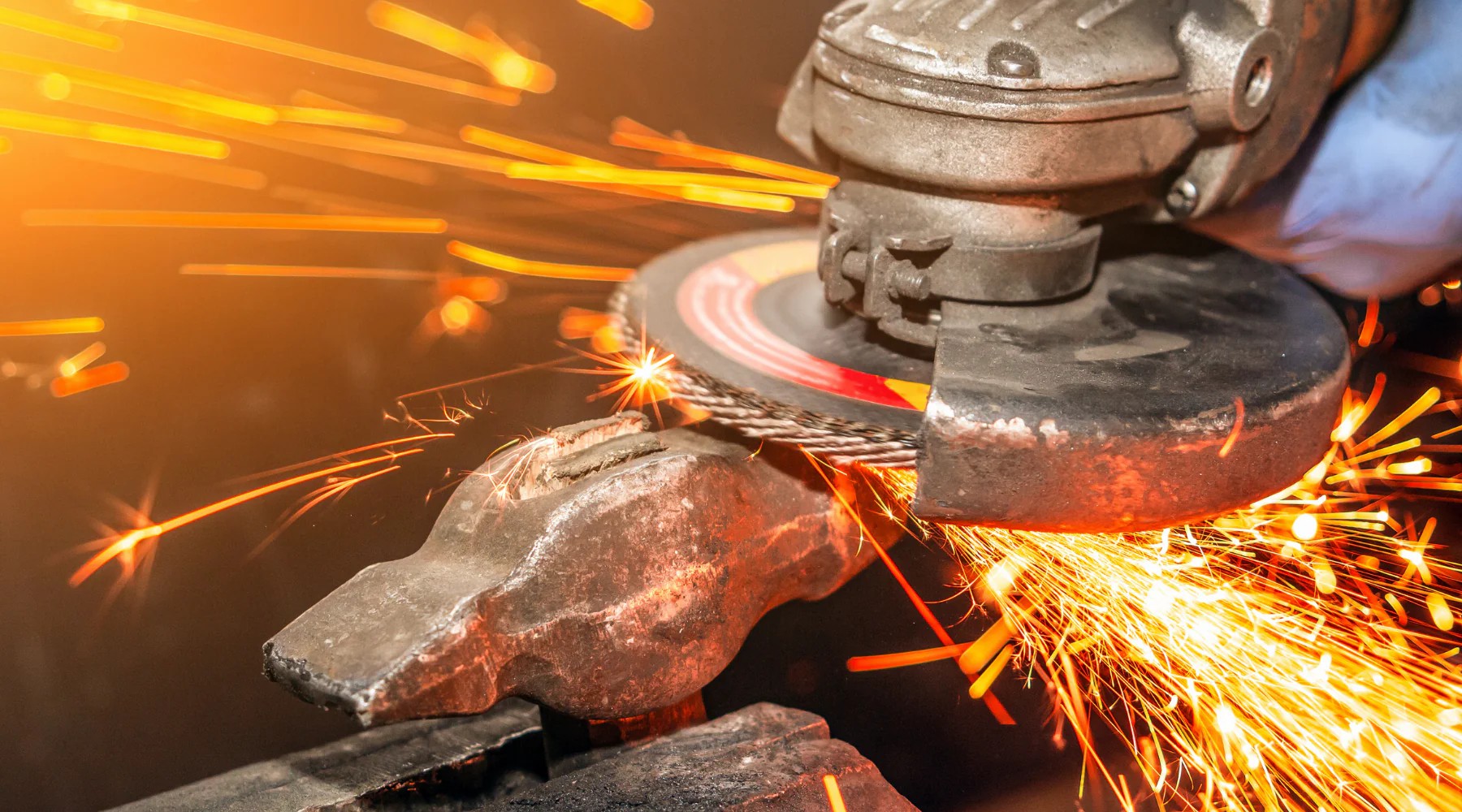


 349,500 Offered Certificates
349,500 Offered Certificates
 24/7 Online Training
24/7 Online Training
 Money Back Guarantee
Money Back Guarantee
 Fully Accredited Courses
Fully Accredited Courses

Created at: 22-02-2025 23:23
Abrasive wheels are a fundamental tool in many workplaces, especially in the metalworking and construction industries across Ireland. However, when not handled properly, they can pose significant risks. In this guide, we will explore the hazards associated with abrasive wheels, including common injuries, and best practices for safety and risk mitigation.
Abrasive wheels are cutting tools made of abrasive particles bonded together. They are primarily used for grinding, cutting, or polishing materials like metal and stone. While they are incredibly useful, they also come with inherent risks if not handled correctly.
Workers using abrasive wheels can experience various injuries, including:
To reduce the risks associated with abrasive wheels, implement the following safety measures:
Performing regular risk assessments helps to identify potential hazards in the workplace. A risk assessment should be part of your safety management system to:
In Ireland, compliance with health and safety regulations is critical. Enrolling in certified courses, such as Abrasive Wheels Certification Ireland, is crucial for ensuring all staff are knowledgeable about the risks and safety procedures involved in using abrasive wheels.
By recognizing the risks associated with abrasive wheels and implementing robust safety measures, businesses in Dublin, Cork, Galway, Limerick, Waterford, and other cities can dramatically reduce workplace accidents. Proper training, consistent use of PPE, and reliable risk assessments are vital components of a successful safety culture. Prioritize safety—enroll in a certified abrasive wheels training course today!
For more information or to enroll in a course, contact us at [email protected].